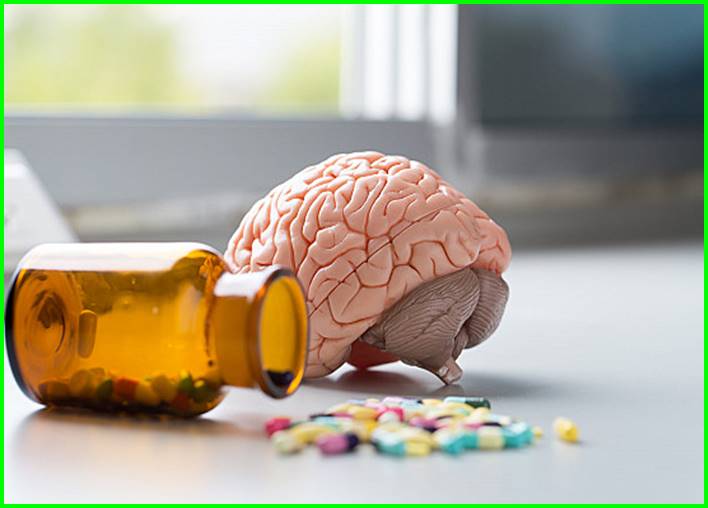How Does the Brain Heal After Prolonged Substance Use?
The human brain is an astonishing organ capable of adapting and healing even after prolonged substance use. Understanding the process of brain healing is essential for those on the path to recovery from addiction. In this article, we will explore the mechanisms through which the brain recovers after prolonged substance use, shedding light on the journey to sobriety and a healthier mind.
The Impact of Prolonged Substance Use
Prolonged substance use can have profound and lasting effects on the brain. It’s essential to recognize the challenges individuals face when trying to break free from addiction. However, it’s equally important to understand that the brain possesses remarkable resilience and can recover.
Neuroplasticity: The Brain’s Remarkable Adaptability
Neuroplasticity is at the core of the brain’s healing process, which underscores the brain’s ability to reorganize and rewire itself throughout life. This inherent adaptability plays a pivotal role in recovering from the damage caused by prolonged substance use. By grasping the concept of neuroplasticity, individuals in recovery can find hope in the potential for their brains to heal and adapt positively.
Breaking the Cycle of Addiction
The journey of brain healing often commences with the critical step of breaking the cycle of addiction. This phase involves detoxification, where the body eliminates the substance. Although detox can be challenging and even uncomfortable, it is an essential first step toward recovery.
How Long Does It Take to Rewire the Brain from Addiction?
A common question that lingers in the minds of those on the path to recovery is, “How long to rewire brain from addiction?” Understanding the timeline for brain healing can provide individuals with motivation and a clearer sense of direction. It’s important to recognize that the duration can vary from person to person, but healing is indeed possible.
According to Legacy Healing Center, “Most treatment programs last 28, 30, 60, or 90 days, although few patients will have completely rewired their brains from addiction in that span. Most post-acute withdrawal symptoms will disappear within two years, which means that the body has fully adapted to sobriety by that point.”
Restoring Cognitive Function: Regaining Clarity
Prolonged substance use often takes a toll on cognitive functions such as memory, concentration, and decision-making. The brain’s healing process encompasses the restoration of these vital functions. As cognitive abilities improve, individuals in recovery experience increased clarity, better decision-making, and enhanced problem-solving skills.
Emotional Healing and Stability: Finding Balance
Addiction can deeply affect emotional well-being. Healing involves addressing underlying emotional issues and achieving emotional stability. This phase is crucial for long-term recovery, allowing individuals to regain control over their emotions paving the way for a healthier mental state.
Support and Therapy: Guiding the Healing Journey
Support from loved ones and professional therapy are invaluable components of the brain’s healing journey. Seeking help and guidance during the recovery process can provide individuals with the necessary tools to navigate challenges, cope with triggers, and build a strong foundation for a substance-free life.
The Power of a Sober Lifestyle: Sustaining Recovery
Choosing a sober lifestyle marks a significant milestone in brain healing. It involves making positive life changes, adopting healthy habits, and clarifying situations that may trigger cravings. A sober lifestyle is not just about abstinence; it’s about embracing a fulfilling and purposeful life beyond addiction.
The brain’s capacity to heal after prolonged substance use is a testament to its resilience and adaptability. By understanding neuroplasticity, breaking the cycle of addiction, exploring the timeline for brain rewiring, restoring cognitive function, achieving emotional healing, seeking support and therapy, and embracing a sober lifestyle, individuals in recovery can embark on a transformative journey toward a healthier, addiction-free future. While the road may be challenging, the brain’s remarkable healing ability offers hope and the promise of a brighter tomorrow.
The Ultimate Guide to Protein Supplements for Beginners
How Does the Brain Heal After Prolonged Substance Use?
